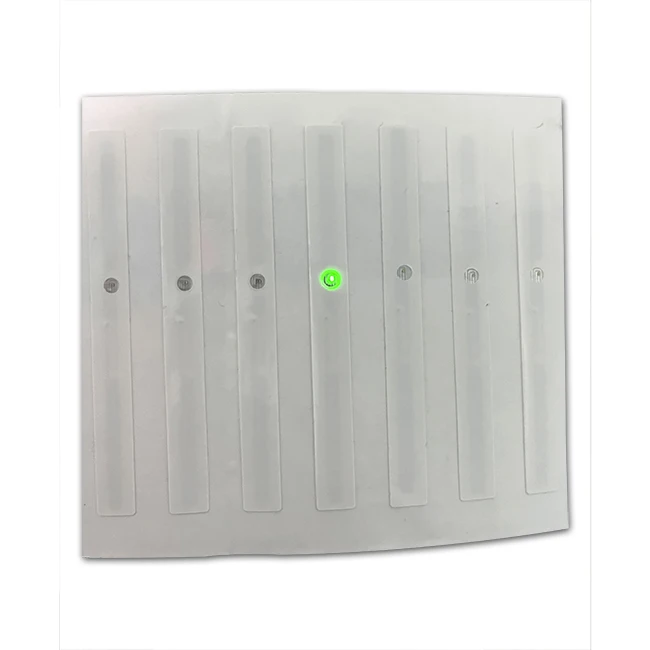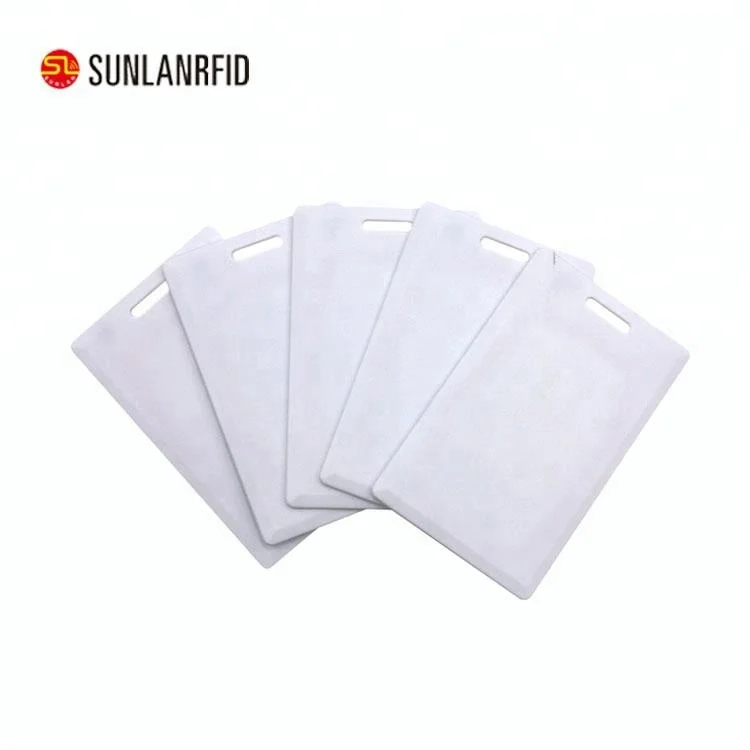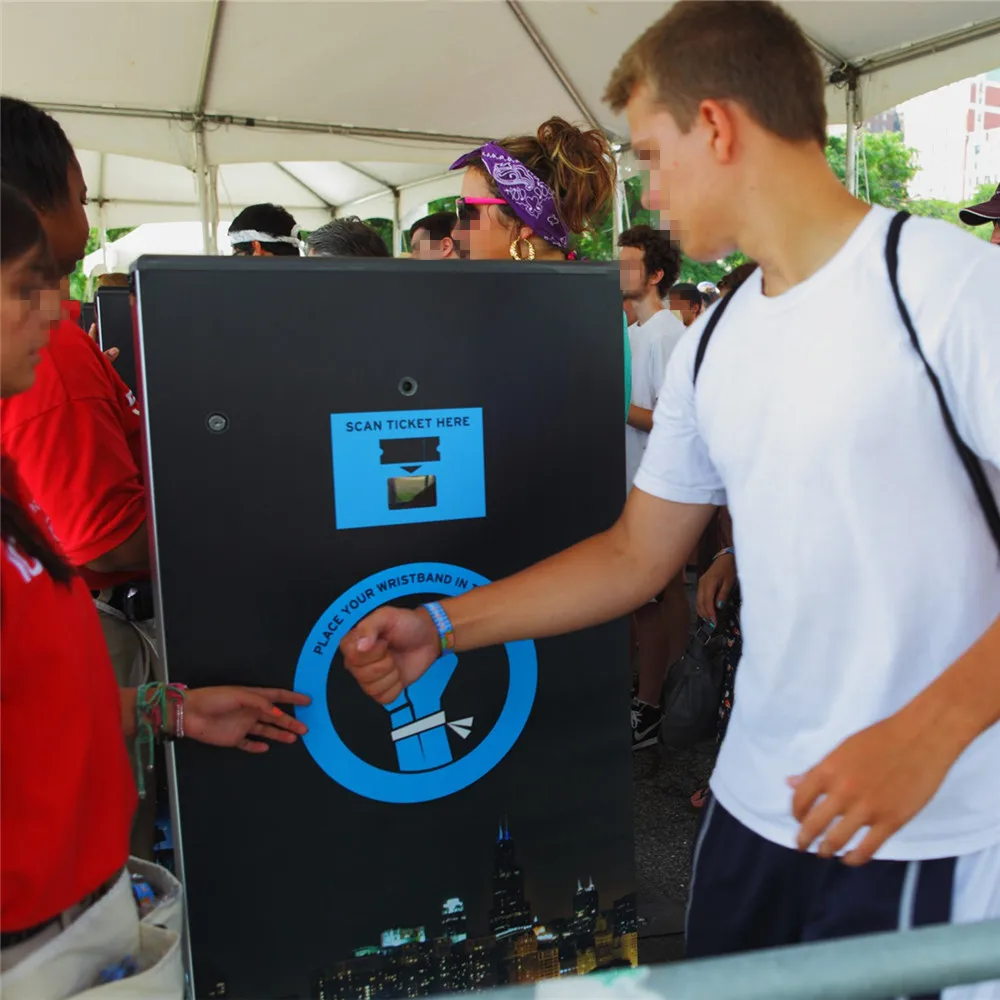The passive RFID card is a tiny piece of technology that helps us to track lots of different stuff. RFID is short for Radio Frequency Identification. “ This means that these cards communicate with other devices using radio waves. The notable feature of passive RFID cards is the absence of a battery or any power source. Instead, they feed off the energy the device that is reading them, whether that's a scanner, reader, et cetera. Or when a scanner sends out a signal, the RFID card absorbs that energy and transmits information back. That is how card and reader communicate!
So, assume you have a library book that contains a passive RFID tag. When you check out the book at the library, there is this special scanner that scans the tag that's actually on the book. The scanner reads the tag’s information and stores it in the library’s computer system. Now, the library is aware that you checked out that book. Later, when you return the book, the scanner scans the tag one more time. It reads the tag and knows to register that the book is returned to the library. This is just one of many ways a passive RFID card can track items and make life easier for us all!
The advantages of passive RFID cards are countless! These objects allow us to track key items, help streamline the shopping experience, and provide us with an additional level of safety through security badges. For instance, when you check out a book, the library can easily track who has it and when it should be returned. Because RFID cards require no batteries or charging, they are extremely low-maintenance. That means you’ll never have to replace them very often. They can last a long time! Additionally, these cards are typically quite small, so they’re easy to carry in your pocket or on a keychain.
If you believe that a passive RFID card could be beneficial for you, then it is essential to select the right one for what you require. Types of RFID Cards There are many types of RFID cards, and some may do well for certain jobs. This means that some cards are great for keeping track of items in a large warehouse, and some are better for monitoring inventory in a store. Consider what you need the card for and discuss then with a professional in the RFID card you need. They can assist you in determining which type of card would be the most beneficial to your needs.

Most grocery stores use passive RFID tags on their products. You scan an item at the checkout, which reads the tag to pull up all the information about that. The name of the item, the price, the weight, etc. It allows customers to speed & ease the shopping experience for everyone on the line since he/she does not has to wait for each of the item to be scanned separately. It enables the cashiers to do their work faster and makes it easier for customers to complete their shopping trips!

Passive RFID tags are used by some pet owners to monitor their beloved companions. These smart tags can be attached to a pet’s collar and programmed with relevant info, including the owner’s contact info and their pet’s name. Pet tags make it easier to identify them if they go lost. And so they can assist in getting the missing animal home safe and sound, which is so important to pet owners.

Passive RFID cards are often used as security badges for buildings and offices. These cards can be configured to provide specific people with access to specific areas of the building. For instance, employees who perform work on a certain floor may have a badge that only gives them access to that space. It's easy to take the card and scan it at a door quickly using RFID technology. This provides that just authorized individuals have access and contributes to the safety of all.